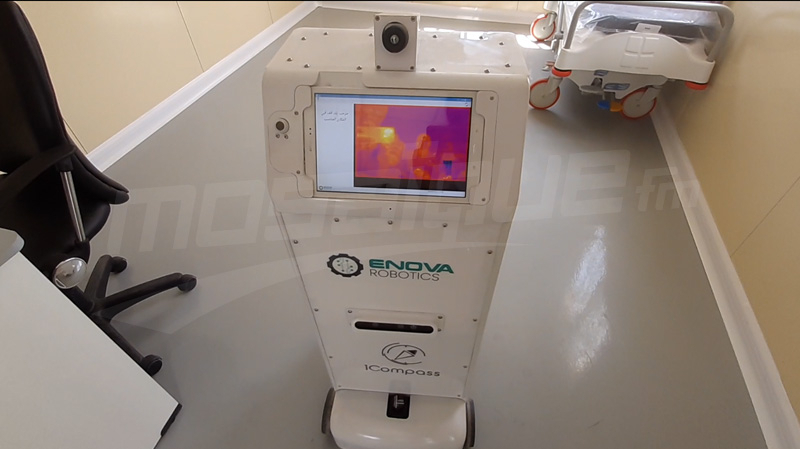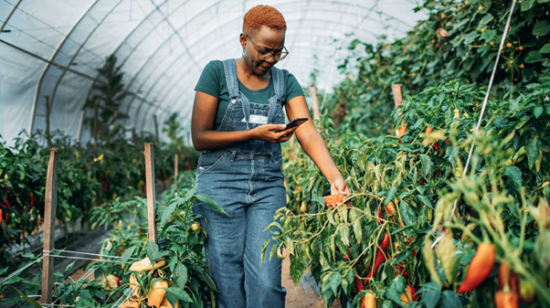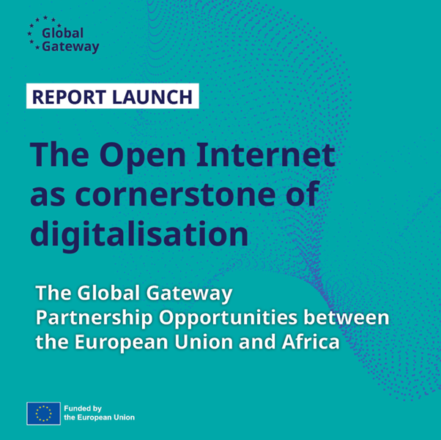"Covid-19 is one of the most serious health challenges in a generation, but it is also an opportunity to drive forward innovation, ingenuity, and entrepreneurship in life-saving health technologies," said Dr. Matshidiso MOETI, WHO Regional Director for Africa.
Africa accounts for 12,8% of the innovations developed in the world to fight the pandemic
And to confirm this sentence, the institution published a report explaining, using examples, how the pandemic participated in stimulating innovation in Africa. Over the 1000 new or modifications of existing technologies that have been developed worldwide to target different areas of the Covid-19 response, it finds that Africa accounts for 12,8% of the innovations.
The response areas include surveillance, contact tracing, community engagement, treatment, laboratory systems, and infection, prevention, and control.

The countries with the most innovations were South Africa (13%), Kenya (10%), Nigeria (8%), and Rwanda (6%). In detail, 57% of the technologies were ICT-driven, 25% were based on 3D printing, and 10% were robotics. Obviously, there were numerous diagnostic tests based on antigen approved by the WHO for the new coronavirus in Africa. But not only.
"It's great to see the youthful energy of the continent fired up to fight Covid-19"

Among the innovations based on ICT, WHO talks about WhatsApp Chatbots in South Africa, self-diagnostic tools in Angola, contact tracking apps in Ghana, and mobile health information tools in Nigeria. "These home-grown innovations are uniquely adapted to the African context," the searchers underline.

In the robotic sector, we find the "Docteur Car", conceived by students of the Ecole Polytechnique in Dakar, Senegal. This polyvalent robot has been developed to reduce contamination risks from patients to health workers. Also on the list, the quick test kit of 65 minutes for the Covid-19 in South Africa, the solar-powered automatic machine to wash hands, the 3D printing of masks. Other developers bet on transportable respirators, "Respire-19" or chest scan on the Internet. "It's great to see the youthful energy of the continent fired up to fight Covid-19".
"There's no time to waste in creating the right environment for African innovators to flourish"
"The pandemic has put a fresh impetus on the need to invest in innovation and to put the right policies and strategic frameworks in place to unleash African ingenuity on the world," said Dr. MOETI. "We know that investing in innovation yields huge dividends. With Covid-19 and other health threats part of our daily life, there's no time to waste in creating the right environment for African innovators to flourish."
To stimulate innovation in the health sector, WHO recommends more significant investment in ICT infrastructure, robotics, artificial intelligence, drones, and mechatronics, and putting the right policies in place to boost creativity and entrepreneurship and bolster university-led research.
To invest in innovation
As encouraging as it is, this study also underlines the weaknesses of a rush to innovation and especially the lack of investment. A study by the World Bank Group reports that African countries, at around 0.01% per capita, invest far less in innovation than developed countries, and the continent is not living up to its potential.
In order to stimulate investments, the WHO Regional Office for Africa has created a global database of innovations to share knowledge, ideas, and successes, as well as set up a COVID-19 technology access pool to share intellectual property and data. The inaugural WHO health innovation challenge, which aimed to tackle some of the most pressing health needs of the world's most vulnerable populations, included 2400 entries, including from 44 African countries. Earlier this year, all 47 African Member-States in the WHO African Region adopted a WHO strategy for scaling up health innovations in Africa.
"By 2023, 80% of all Member States agreed to perform needs assessments to identify critical gaps in their health systems and will have established coordination mechanisms to scale up innovations. Seventy-five percent will have developed policies and incentive frameworks, and half will have developed analytical tools to assess the economic and social impact of innovations."





